Our work
EDRi is the biggest European network defending rights and freedoms online. We work to to challenge private and state actors who abuse their power to control or manipulate the public. We do so by advocating for robust and enforced laws, informing and mobilising people, promoting a healthy and accountable technology market, and building a movement of organisations and individuals committed to digital rights and freedoms in a connected world.
Filter resources
-
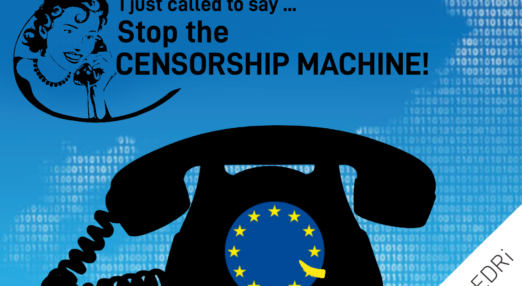
Join the coordinated calls against EU’s Censorship Machine
Several organisations in different European countries have picked up their phones and mobilised against article 13 of the copyright Directive.
Read more
-
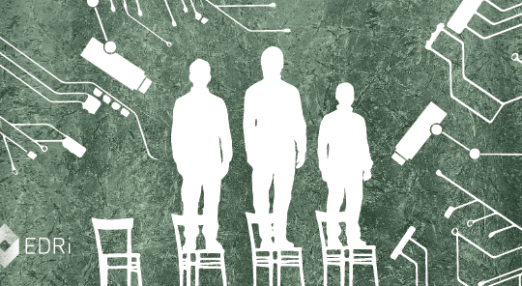
Gesellschaft für Freiheitsrechte: Legal challenge against Bavarian Police Act
EDRi observer Gesellschaft für Freiheitsrechte (GFF) is preparing a joint constitutional complaint to be brought before the German Constitutional Court against the newly passed Bavarian Police Act (PAG)
Read more
-
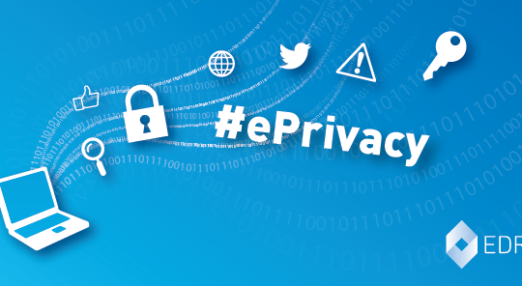
Your ePrivacy is nobody else’s business
The right to privacy is a fundamental right for every individual, enshrined in international human rights treaties. This right is being particularly threatened by political and economic interests, which are having a deep impact on freedom of expression, democratic participation and personal security.
Read more
-
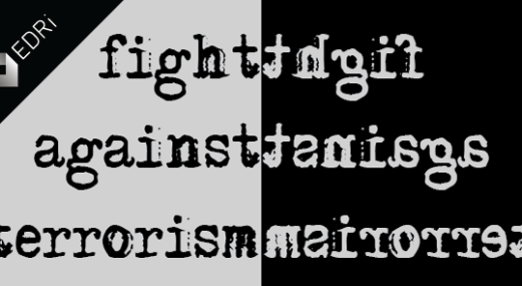
Belgium Constitutional Court decision on the concept of incitement to terrorism
On the 15 March, the Constitutional Court of Belgium issued judgement 31/2018 on the action for the annulment of the law of 3 August 2016 containing various provisions in the fight against terrorism.
Read more
-
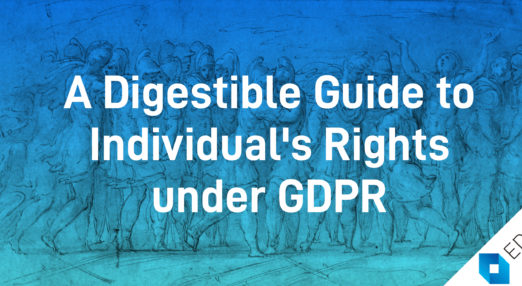
A Digestible Guide to Individual’s Rights under GDPR
The General Data Protection Regulation went into effect on May 25th and Privacy Policy updates have been flooding inboxes. GDPR enhances everyone’s rights, regardless of nationality, gender, economic status and so on. Unfortunately, the majority of individuals know very little about these rights and GDPR at large.
Read more
-

GDPRexplained Campaign: the new regulation is here to protect our rights
Our GDPR Explained campaign aims at educating individuals and organisations about the new rights granted to us and the changes to be made when dealing with personal data. We have put together answers to many important questions we have received and built a FAQ for anyone to access.
Read more
-
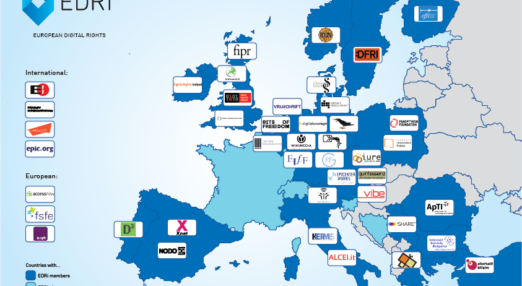
EDRi’s leadership transition: Looking back at our victories
EDRi is not one person. EDRi is not one office. EDRi is 39 organisations, mostly volunteer-run. EDRi is sweat and stress, frustration and success. Most of all, EDRi is 15 years of successes made possible by an immensely passionate network. And this network is now looking for a new Executive Director.
Read more
-

EU Member States agree on monitoring & filtering of internet uploads
On 25 May, the European Council agreed to a negotiating position on the draft copyright directive. This will allow the presidency of the Council to start negotiations with the European Parliament on mass monitoring and filtering of internet uploads and a chaotic new “ancillary copyright” measure that will make it harder to link to and quote news sources.
Read more
-

Press Release: GDPR: A new philosophy of respect
The General Data Protection Regulation (GDPR) is going in effect tomorrow, on 25 May 2018, strengthening and harmonising individuals rights in regards to personal data. A much celebrated success for all privacy advocates, GDPR is more than just a law.
Read more
-

The four year battle for the protection of your data
We were up against the combined resources of the largest multinational corporations and data-hungry governments, but we also had two things in our favor: the rapporteur Jan Philipp Albrecht and his team were adamant about safeguarding civil rights, and in 2013 the Snowden-revelations made politicians more keen on doing the same. Against all odds, we prevailed!
Read more
-

ENDitorial: Can design save us from content moderation?
Our communication platforms are polluted with racism, incitement to hate, terrorist propaganda and Twitter-bot armies.
Read more
-

Bavarians protest against vastly extended police powers
A large anti-surveillance rally took place in Munich on 10 May 2018. 30 000 protesters showed their dismay about the Bavarian plans to reform the law on the tasks of the state’s police. Even the organisers were surprised by the scale of the demonstration – they had expected fewer than 10 000 people.
Read more
